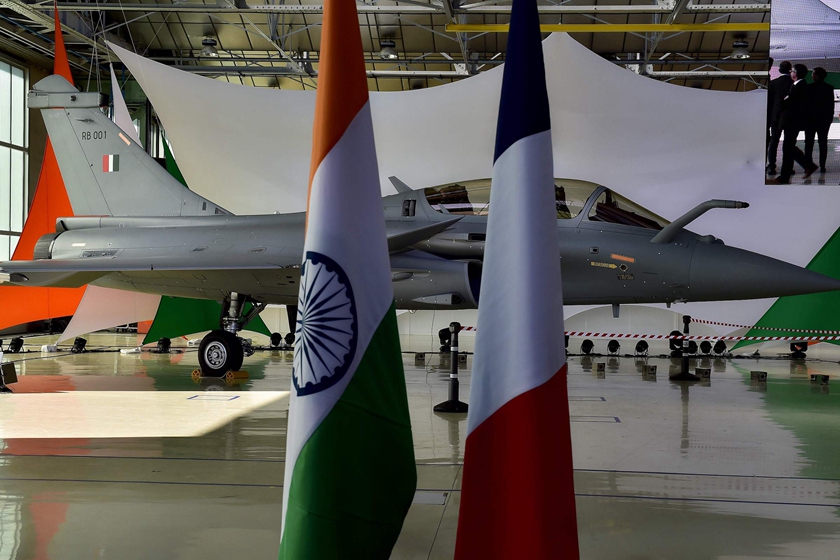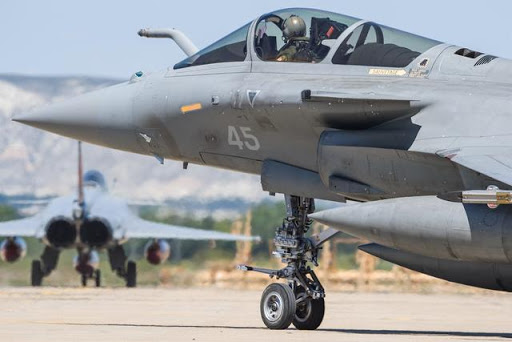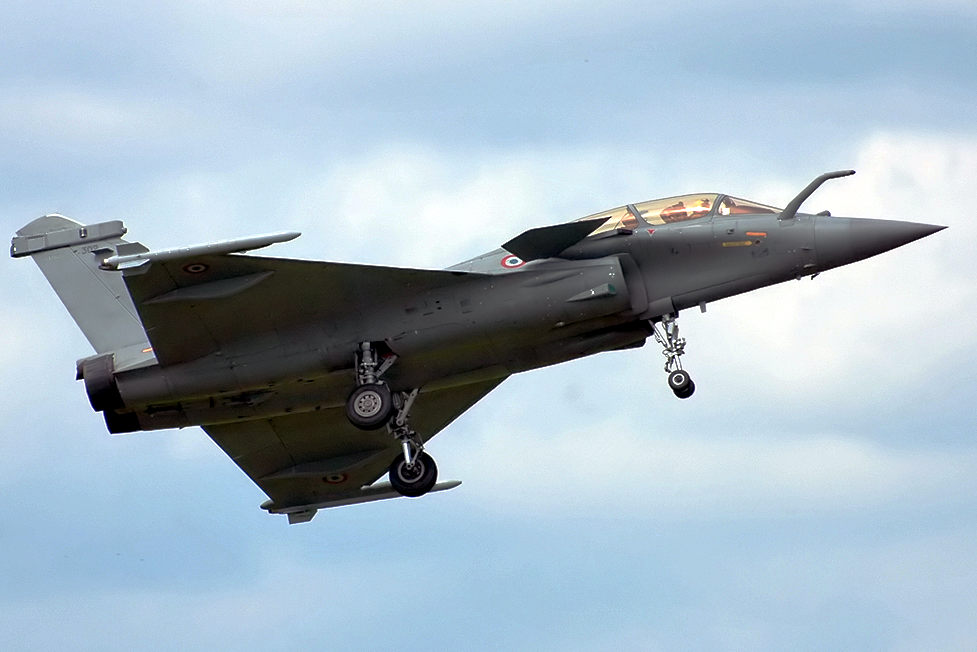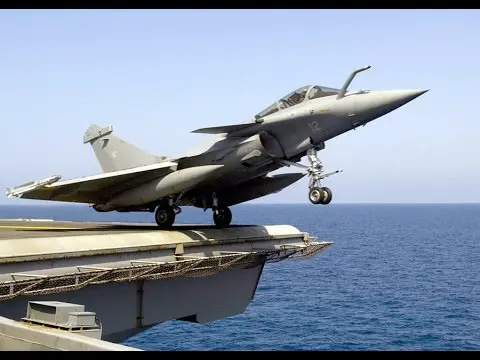By APD writer I. Hussain Janjua
Editor's note: Mr I. Hussain Janjua is a senior media professional and analyst based in Islamabad, having experience of more than 20 years in research & media in different organisations. (Email: [email protected]; twitter: @ihussainjanjua)
South Asia which houses a major chunk of the world population has witnessed a prolonged tension and hostility undermining its development despite being an ideal location bestowed with natural resources while New Delhi’s expansionist designs add to the vulnerability of not only this region but the world too.
Since after becoming independent states in 1947, Pakistan and India have fought three wars over illegally occupied Jammu and Kashmir by India which is still unresolved and a cause of perpetual tension between the two countries.
Ironically, despite the fact that India itself knocked the door of United Nations Security Council, it has been defying the world body's resolutions for decades by not holding a plebiscite giving the Kashmiris their birthright to self-determination.
On August 5, last year the Modi government went many steps ahead in resorting to mocking the unimplemented UNSC resolutions by revoking Article 370 of the Indian constitution, white-washing the special status of the occupied territory and turning it into an integral part of Indian Union.

India continues to defy the UNSC resolutions on one or the other pretext, fully knowing that in case a free and independent plebiscite were held the predominant Muslim population of the valley would vote to accede to Pakistan --- expressing its hegemonistic designs in this most militarized region of the world.
Early last year the misadventure in Pakistani area of Khyber Pakhtoonkhwa province is the latest expression of the Indian intent while another such overture was befittingly thwarted by Pakistan when its jet was downed also in Pakistani area.
In this backdrop, the acquisition of Rafale jets by India will tilt the balance in India’s favour having the potential of triggering an arms race. Pakistan and India both being nuclear powers may be led into hostility of any proportion as India has also been trying to provoke Pakistan, continuously indulging in ceasefire violations at the Line of Control.
Though Pakistan is strongly opposed to any arms race in the region it cannot remain oblivious to these developments and has a resolve to get prepared for a matching response to oft-repeated jargon of surgical operation having full confidence in its ability to thwart any ill-considered act of aggression.

It is also a matter of great concern that India is trying to divert the entire world’s attention from the genocide it is committing in its part of Jammu and Kashmir, under duress due to massive economic crisis, internal insurgencies, mass-protests, ethnic divides, religious discrimination and the pandemic devastations.
The recent tension with Nepal and China may become a catalyst, forcing India into another false flag operation against Pakistan as India by using spy-drones against Pakistan is looking for excuses.
With visionary leadership and the peace-loving in nature of people of Pakistan, the country has been observing restrains and patience because the consequences of war, both India and Pakistan being nuclear states, which may engulf the entire world.

The international community including the United Nations and the P 5 need to take notice and intervene and force India to cool its aggressive posture reflecting Indian attitude towards all its neighbours, especially Pakistan.
While Pakistan has called upon the world community to dissuade India from its disproportionate arms build-up which could lead to an arms race in South Asia, saying the world is already a witness to the bellicose and irresponsible rhetoric by the BJP Government in pursuit of a revisionist agenda in the neighbourhood.
The acquisition of Rafale jets by Indian Air is a deliberate attempt to amass military capabilities beyond its genuine security requirement along with offensive security doctrine and force postures which tantamount to affecting strategic stability in South Asia.
(ASIA PACIFIC DAILY)
 简体中文
简体中文

